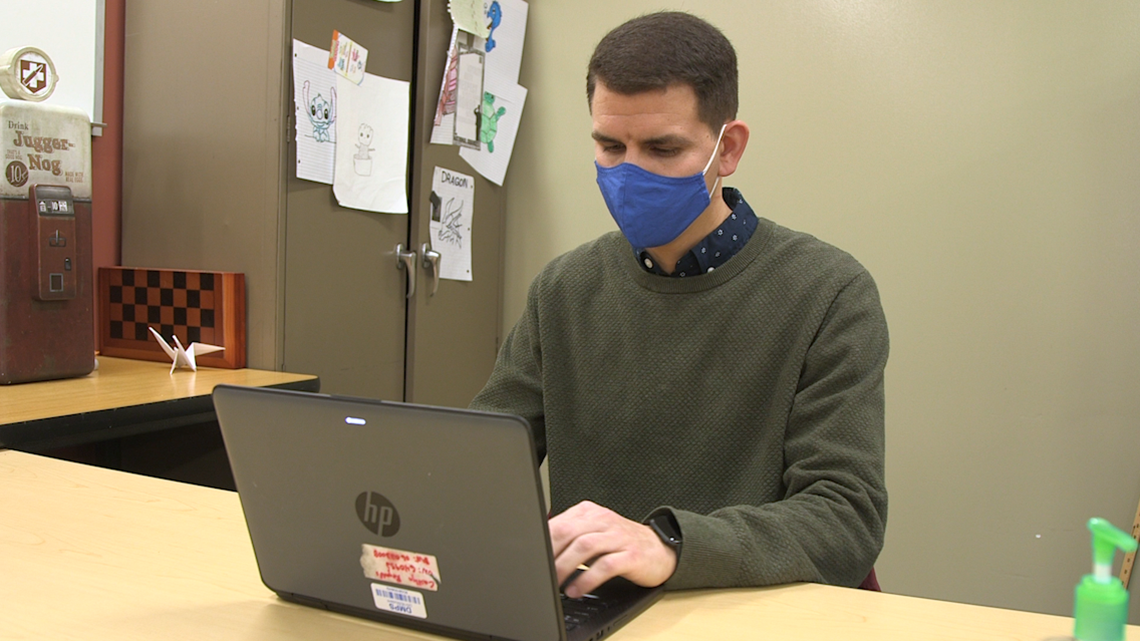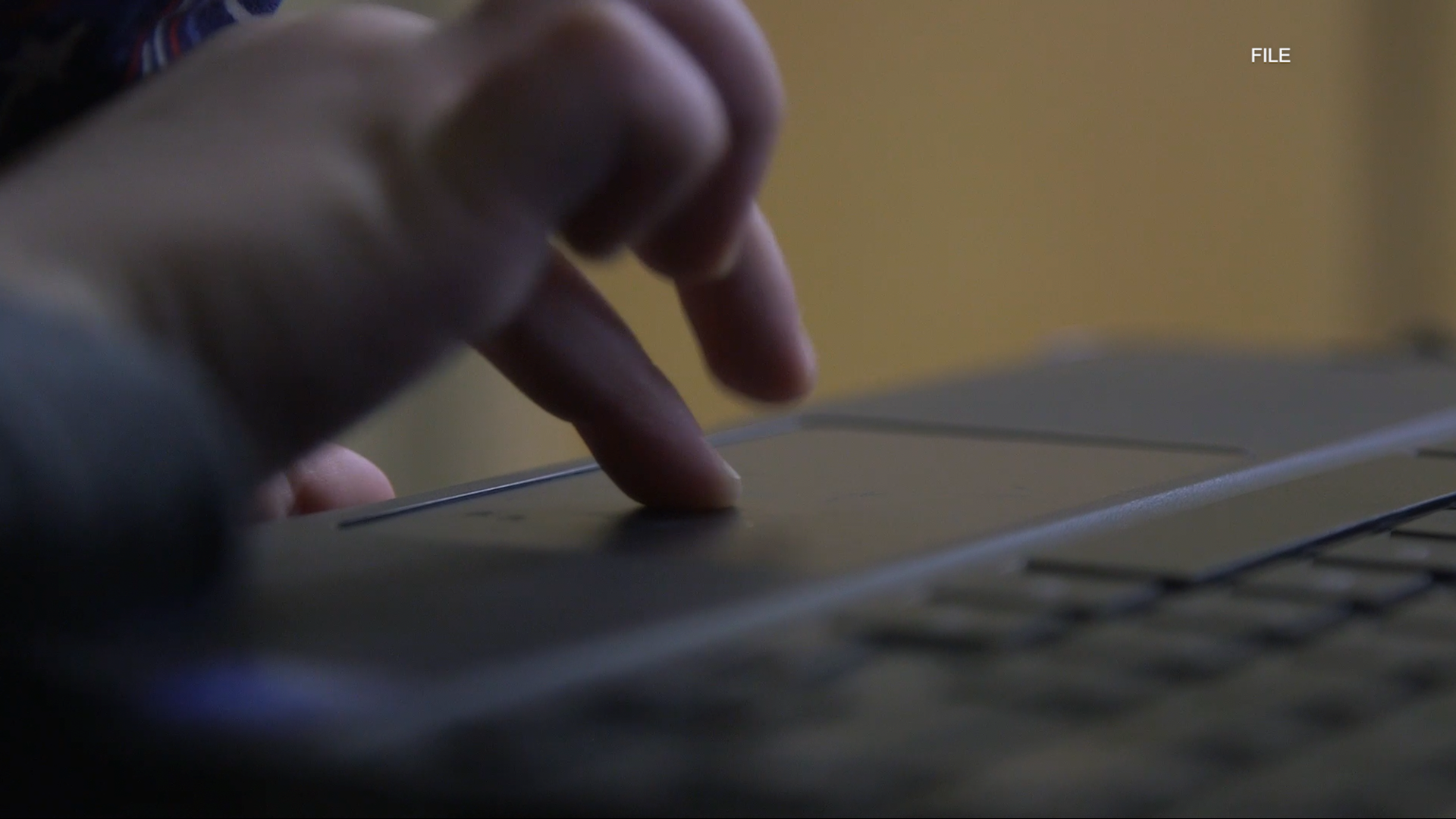DES MOINES, Iowa — Katie Moranville’s children are new to the Norwalk Community School District. That’s partly why her 10-year-old son, Caleb, went on a website where he was hoping he could make more friends.
The website, Omegle, is billed as a place to simply “talk to strangers” through text or video chat without needing to register. With just a couple of clicks, you can video conference with someone you’ve never met.
And that’s what Caleb did before his dad was able to stop it from getting dangerous.
“My husband went into my son’s room looking for some scissors, and he asked him...Caleb, do you have any scissors? And he was on his laptop, and some man goes, ‘He doesn’t have scissors,’” said Moranville. “My husband goes and looks around onto Caleb’s laptop and it’s this weird website that we’ve never heard of.”
Thankfully, they were able to close the laptop and have a discussion with Caleb on the dangers of meeting strangers online.
It’s a discussion schools are now playing a more active part in, as well. Both Ankeny Community School District and Des Moines Public School District have instructors who teach students “digital citizenship” lessons.
At Goodrell Middle School in Des Moines, Marco Arreola discusses with kids what websites are meant for them.
“Typically what we do is we really focus on what is appropriate at your age,” said Arreola. “Is what you’re browsing on the internet something that you would want your grandma to see?”


Arreola says students also taught how to conduct themselves in an online space in general. That could include chat on websites, social media apps, or even live video games. He lets them know about red flags or ways children could be getting tricked into something dangerous.
“If somebody’s offering you a free video game to download, you know, as a kid, it’s like, well yeah, of course, I want the free game,” said Arreola.
Samantha Aukes, communications director for Ankeny Community School District, said in digital citizenship lessons, students also learn how to spot misinformation and disinformation.
“The fifth graders are learning about how to tell if a news article online is from a credible source or not,” said Aukes. “So they’re talking about looking at the URL and looking if it’s an actual news agency or not.”
Ankeny CSD also uses a website called “Securly”, which sends parents a weekly report of what websites their children have visited.
“It allows parents to really partner in their students’ academic progress,” said Aukes. “They can talk to them about their schoolwork, and what they’ve been learning.”
She adds that it also opens the discussion about what sites are age-appropriate.
Arreola said a helpful resource for parents is commonsense.org, a non-profit organization that reviews everything from websites to social media apps, for families. It breaks down what’s appropriate for each age group.



